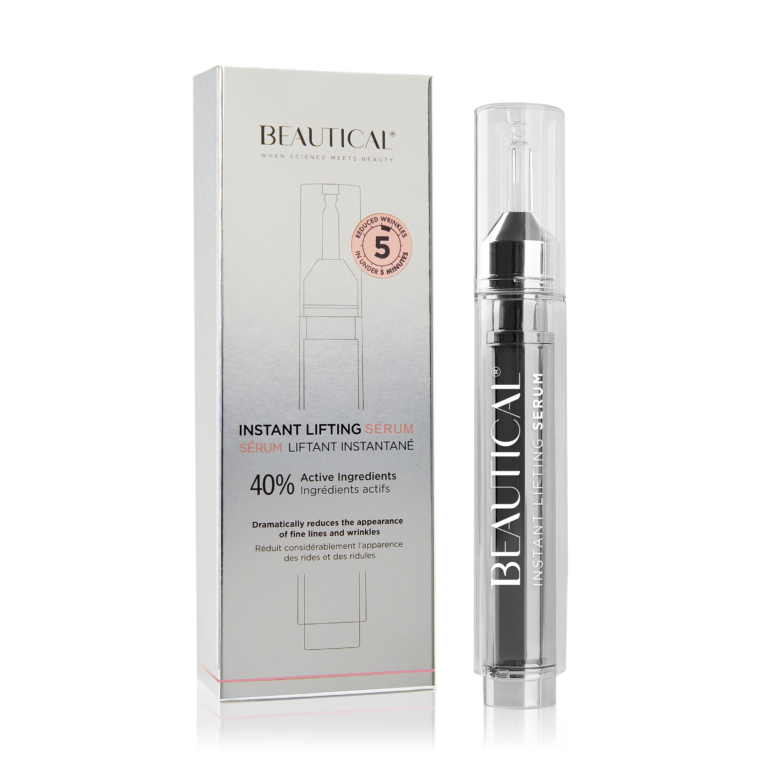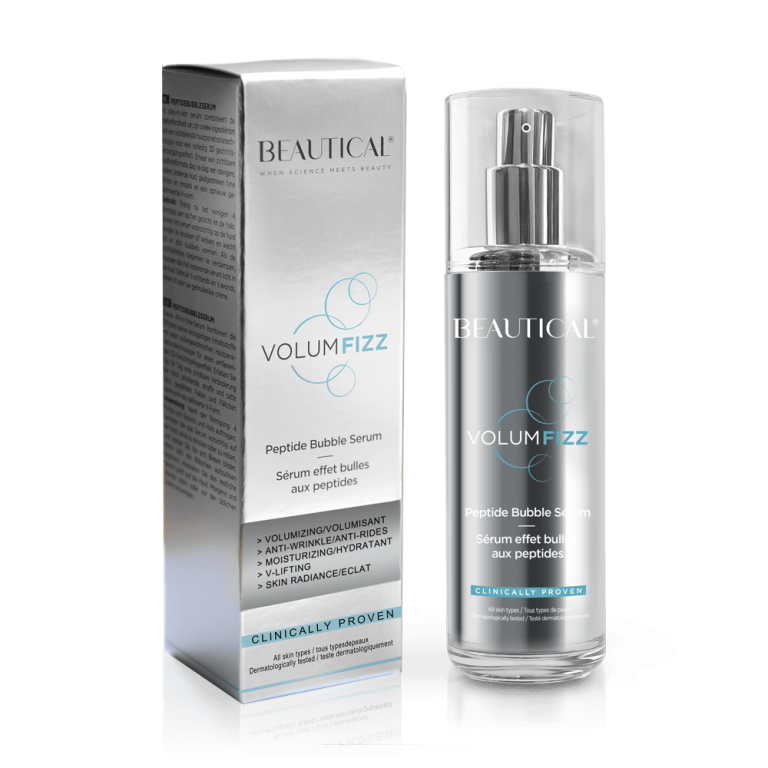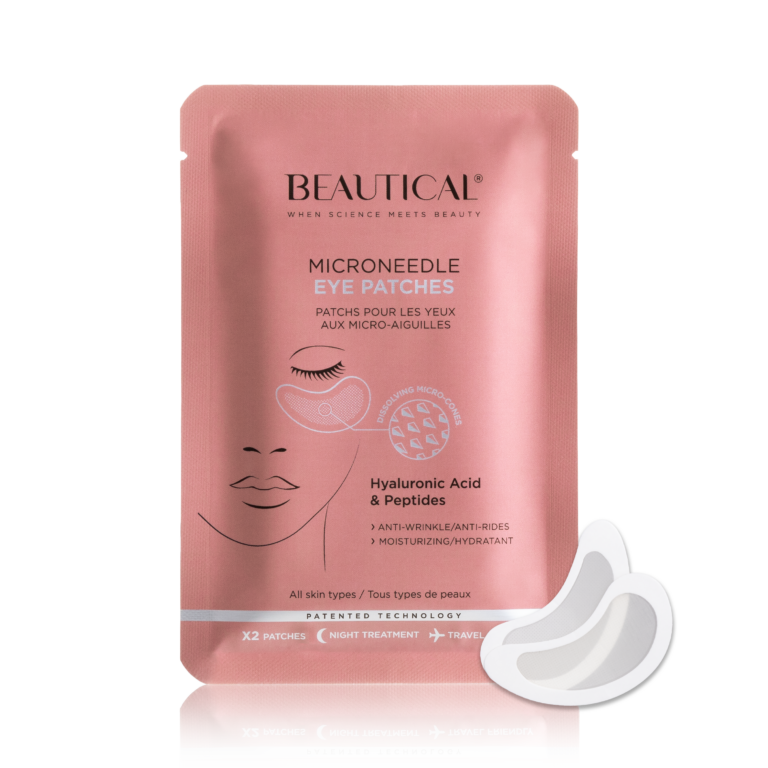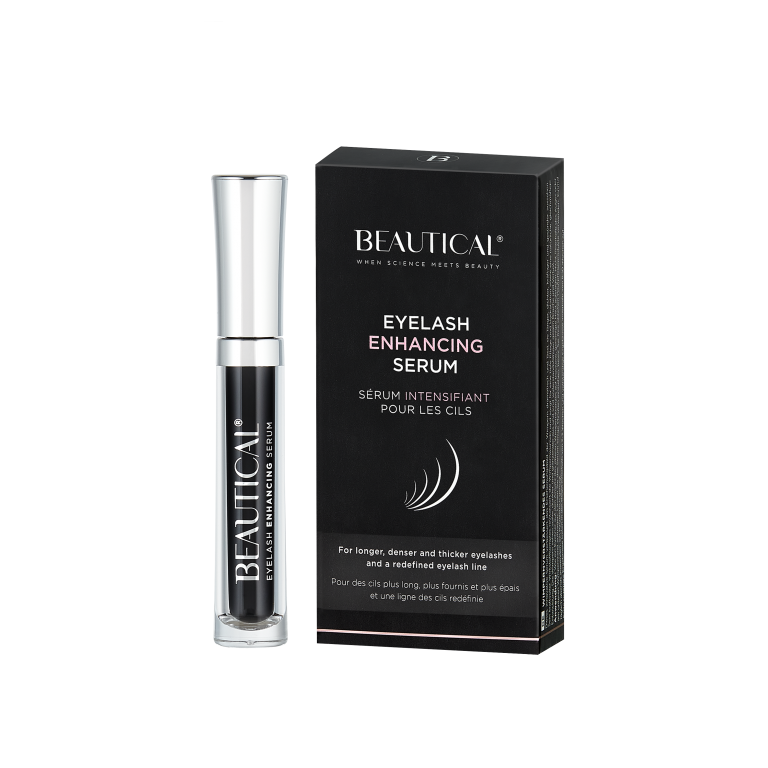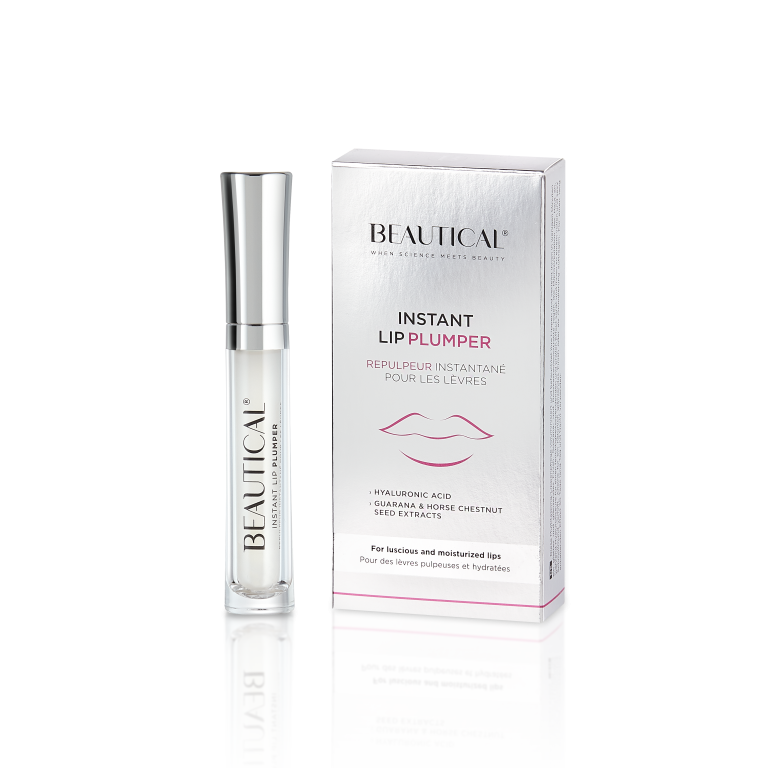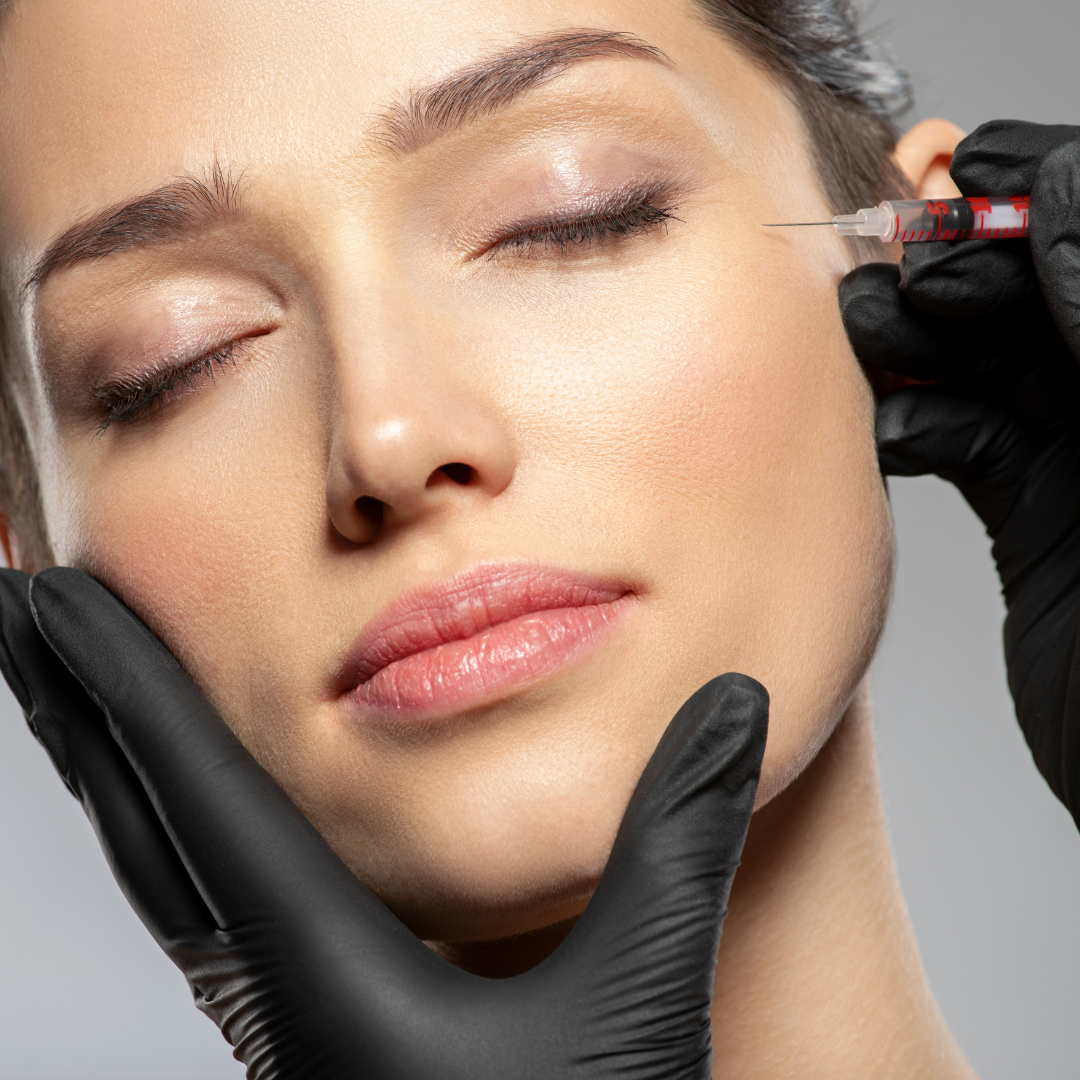
THE 5 DIFFERENT SKIN TYPES
- Oily skin
- Dry skin
- Combination skin
- Sensitive skin
- Normal skin
Many people think their skin is either dry or oily, but there are actually 5 different skin types. Each skin type has different needs and different products that work for them. And even if you finally found your true skin type, that doesn’t mean it won’t change over time. Environment, hormones, age, diet and medication can all play a part in the changes that may occur.
Your skin has a delicate balance and identifying its type can revolutionize the way you care for it, and the results you see from your beauty products.
An easy way to begin is to gently pat your forehead, nose and cheeks with a with a blotting paper. If there is little to no oil on the paper, you likely have dry skin. If you see traces of oil, your skin may be normal and if there is a lot, you probably have oily skin. In this guide, we will take you through the characteristics that define each skin type so that you can get the most out of your beauty regimen.
1. OILY SKIN
An easy way to spot an oily skin type is to study your pores: the bigger the pore, the more active the oil gland. For those with oily skin, the process of producing sebum can go into overdrive. You may experience a ‘film’ of oil building on your face throughout the day, and may be prone to blemishes, more frequent breakouts, or acne on the face and neck.
The good news is oily skin tends to age well, as there is such an abundance of moisture. Also, oily skin tends to dry up with age. Many who have ‘problem skin’ in their teenage years find it naturally clearing as they get older.
Tips for oily skin:
- Those with oily skin may shrink away from moisturizing, feeling like they’ve got too much moisture already. But oil is different from water. The skin still needs moisture, and water-based products will not aggravate oil production. Non-greasy ingredients such as glycolic and hyaluronic acid can help the skin to retain water, without leaving a film.
- For cleansing, look for water-based cleansers as gels or foams instead of cleansing oil or milk.
- Letting oily skin dry out can lead to flaking and dead skin cells sitting on the surface, which can clog pores and worsen the problem. Exfoliate twice a week using a gentle, non-abrasive physical exfoliator.
- A mud mask once a week, especially one reinforced with charcoal or clay, will give your skin a deep cleanse and help to clear our blackheads from the pores.
- When using a cream, choose a light texture as a gel instead of a rich one. You may find it’s enough to moisturize just once a day, either in the morning or the evening, as opposed to both.
- To help reduce shining on your face, try a mattifying day cream.
2. DRY SKIN
The main symptoms of dry skin are dullness, tightness, scaly skin, redness and sometimes irritation. Skin can become naturally drier with age, and it can also be affected by factors such as sun exposure, medications, detergents and harsh cosmetics.
Many factors can lead to dry skin, including sun exposure, hot showers and over-exfoliating with products like salicylic or glycolic acid. Also, as we age, the skin naturally gets drier thanks to hormonal changes.
Tips for dry skin:
- The easiest way to hydrate your skin is to keep your body hydrated from the inside: drink your 2l of water every day!
- As you have higher hydration needs, make sure you moisturize twice a day, morning and night. Choose deeply hydrating creams and add a moisturizing serum to your routine, if possible.
- A moisturizing mask once a week can help to give your skin a boost of hydration.
- Go for cleansers with short ingredient lists and natural ingredients to avoid stripping the skin of any more moisture than necessary. A cleansing oil can easily become your best friend.
- Avoid harsh soaps and too fragranced products.
- Wash with lukewarm water as opposed to hot.
- Look for nourishing creams, serums or emollients, and wear sunscreen daily to prevent further drying from UVA and UVB rays.
3. COMBINATION SKIN
Some people believe that combination skin is dry skin in winter and oily skin in summer. This would actually be simpler, as it would simply mean switching your products every six months. But the reality is a little more complex, mixed skin most often refers to the presence of both dry and oily skin areas on the same face.
You probably fall into this category if you have oily skin on your nose and forehead (or T-zone) and drier skin on your cheeks and chin. Combination skins will generally need to diversify their approach to skin care, with different products for different areas.
Tips for combination skin:
- There is no holy grail for those with combination skin, but it can be managed by treating the individual areas of your face accordingly, taking advice from both the ‘Oily’ and ‘Dry’ sections above.
- If it all sounds like a lot of hassle, the ‘Sensitive’ section may be useful to you, too – make it a general rule to avoid harsh ingredients such as sulfates and alcohol, and stick to neutral, little perfumed products.
- There are also products out there designed especially for combination skin types. These tend to be gentle and oil-free to prevent exacerbation of the problem areas.
4. SENSITIVE SKIN
If you experience a stinging sensation when you apply certain products, you may have sensitive skin. You might be prone to inflammation, or more severe conditions such as rosacea and dermatitis.
Those with a sensitive skin type may find their skin does not react well to products, especially those with harsh ingredients. Factors such as alcohol, stress and even certain foods can exacerbate sensitive skin conditions, so a healthy diet with lots of water can really help those with this skin type.
Tips for sensitive skin:
- Those with sensitive skin should steer clear of harsh compounds, opting instead for protective ingredients. Look for labels that identify products as ‘non-irritating’ or ‘non-sensitizing’ and avoid fragrances and irritants like alcohol or antibacterial ingredients.
- Look for products with fewer additives, and seek out those with calming, healing or anti-inflammatory properties.
- After cleansing your skin, gently dab your face with a towel instead of rubbing it.
- It’s also good to “patch test” small areas before applying a new product to the whole face, to check how your skin will react.
5. NORMAL SKIN
Dermatologists often refer to those with a normal skin type as the “lucky ones”! You might fit this category if your skin looks healthy and hydrated with minimal effort, and you rarely get blemishes or dry patches.
There is no real downside to having normal skin, other than the psychological element. Your skin may be so good, you might feel you don’t need to take care of it or forget your beauty routine completely!
Someone with ‘normal’ skin might sleep in their make up after a night out or forget to moisturize regularly. Normal skin types can get away with the odd beauty crime, but they can take their toll long term.
Tips for normal skin:
- Those in this category can be much freer in their skincare routines and in the products they use. You will be able to “take it to the next level” without worrying too much about upsetting the balance of your complexion.
- Experiment with Retinols (a high concentration of Vitamin A), Hyaluronic Acid, and Salicylic Acid. These “wonder” ingredients are beneficial across the board, targeting fine lines and wrinkles, blemishes, and uneven skin tone. Be sure to exercise caution though, even if you don’t usually experience problems. These ingredients are powerful and should be slowly integrated into your skincare routine, at lower concentrations to begin with.
- Take care also to moisturize daily even if you don’t feel you need to, and wear sunscreen to protect your healthy skin. These two habits are the first line of defense against ageing, which even normal skin types will have to contend with one day!
And you, have you identified you skin type yet? What are the products that work for you?
Follow us
Most Popular


THE BENEFITS OF VITAMIN C FOR HEALTHY, GLOWING SKIN

SKINCARE EFFICACY: WHY CONCENTRATION MATTERS
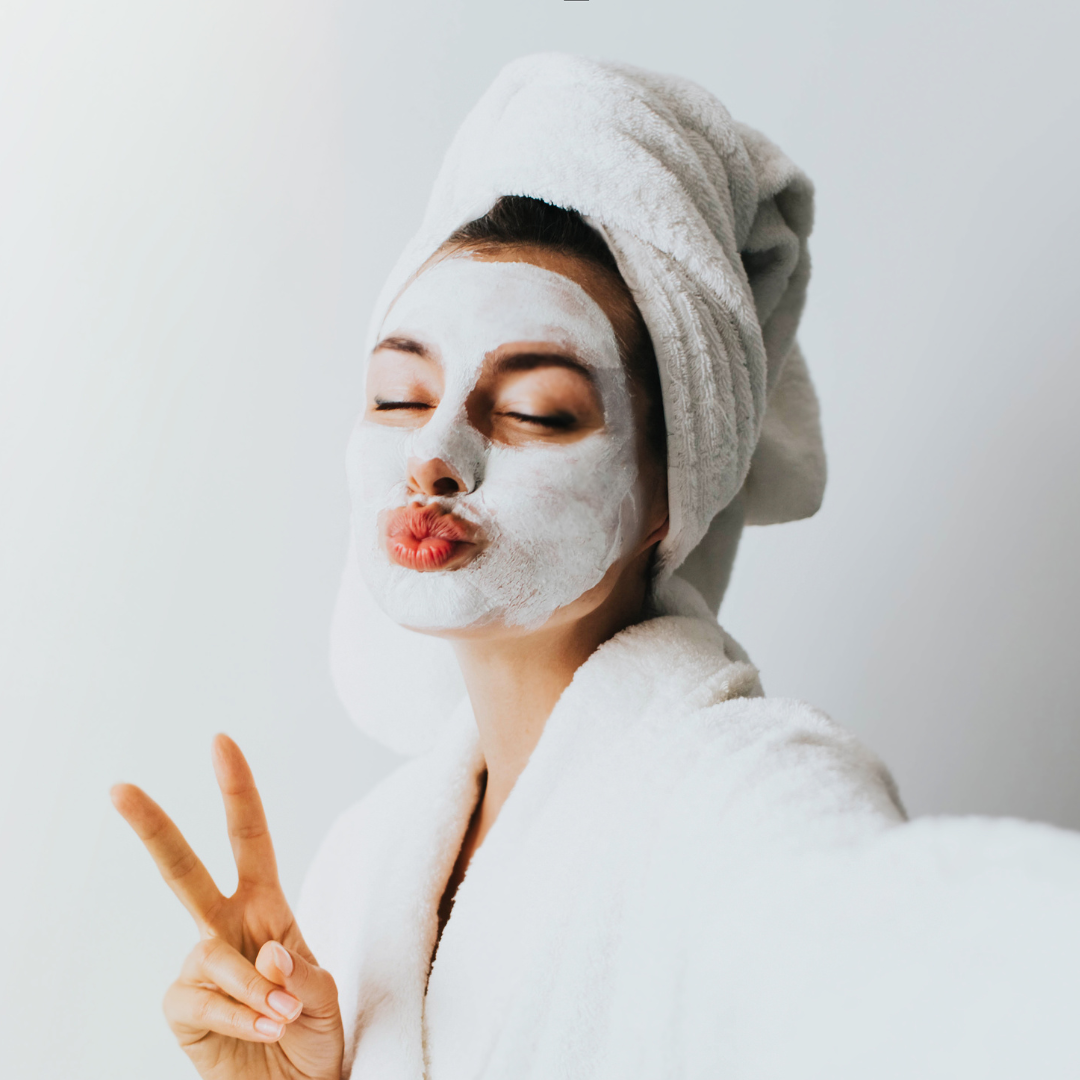
Newsletter
Subscribe to receive updates, exclusive deals and more.
